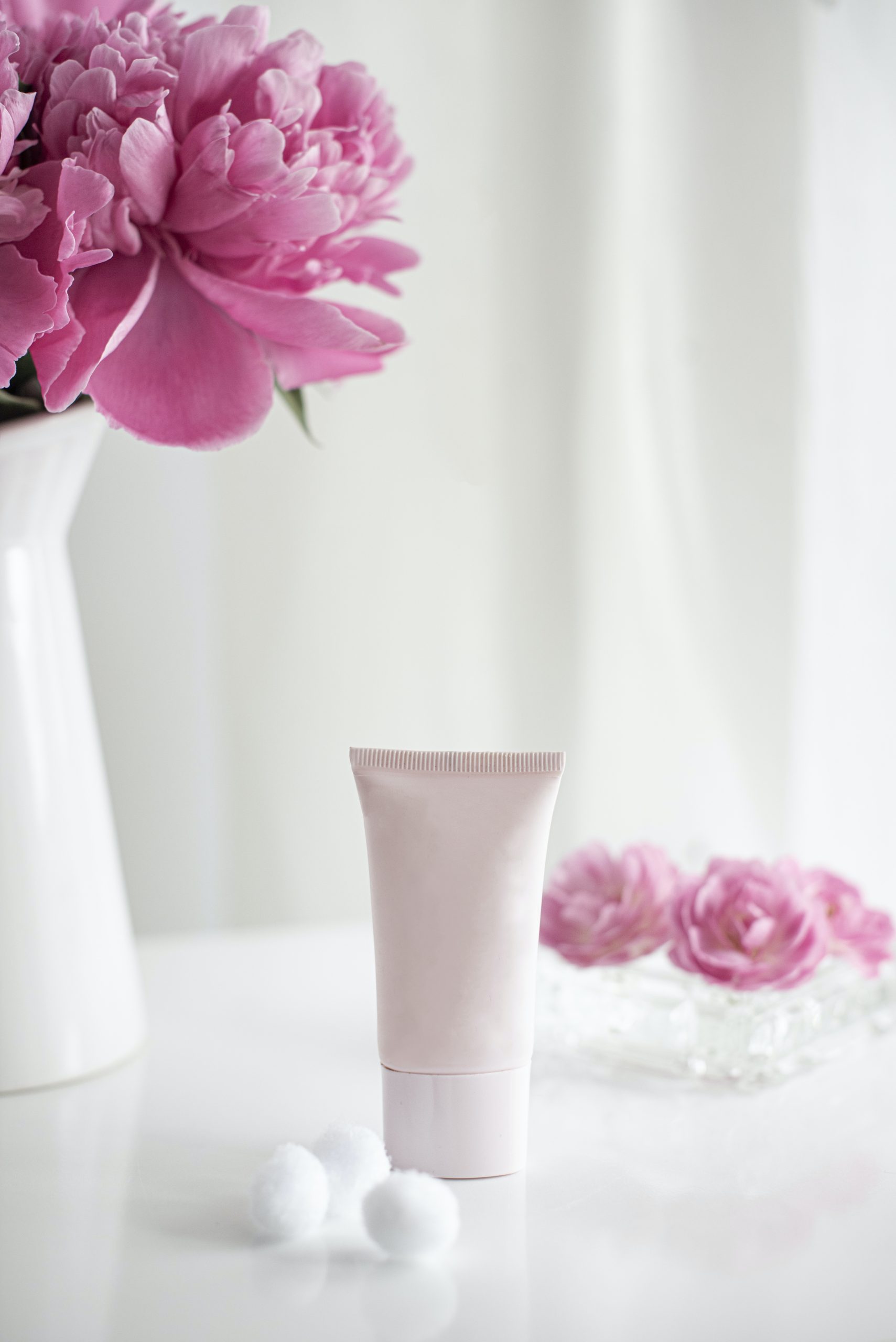If you’re on the quest for radiant and youthful-looking skin, look no further! In this article, you’ll discover a plethora of effective anti-aging skincare products that are sure to leave you feeling rejuvenated and glowing. Whether you’re battling fine lines and wrinkles or simply looking to enhance your natural beauty, we’ve got you covered. Say goodbye to the signs of aging and say hello to a revitalized and refreshed complexion. Get ready to discover the secret to maintaining youthful skin!
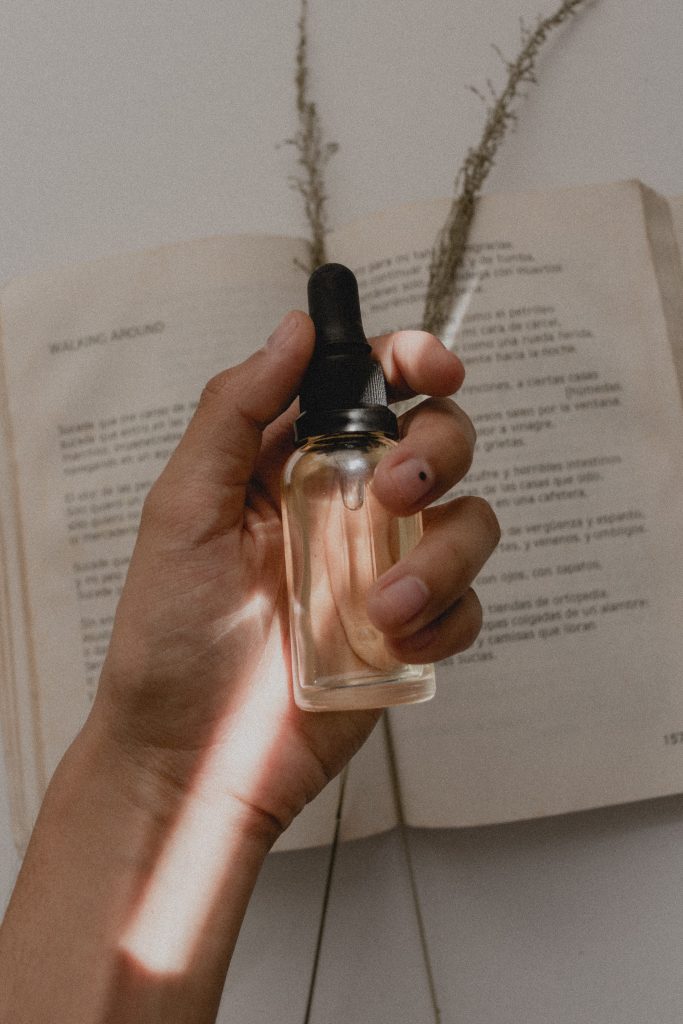
Researching Anti-Aging Skincare Products
When it comes to finding effective anti-aging skincare products, it’s important to do your research and understand the science behind aging. While aging is a natural process, there are certain factors that contribute to the visible signs of aging, such as wrinkles, fine lines, and loss of elasticity. By understanding these factors, you can make informed decisions about the skincare products you choose.
Understanding the Science Behind Aging
Aging is a complex process that involves various biological and structural changes in the skin. As we age, our skin produces less collagen and elastin, which are responsible for keeping our skin firm and elastic. Additionally, there is a decrease in the production of natural oils, leading to dryness and a compromised skin barrier function. Environmental factors such as UV radiation and free radicals also play a role in accelerating the aging process.
Identifying Key Ingredients for Anti-Aging
When researching anti-aging skincare products, it’s important to look for specific ingredients that have been proven to be effective in reducing the signs of aging. Some key ingredients to consider include retinoids, hyaluronic acid, vitamin C, peptides, and antioxidants like vitamin E and green tea extract. These ingredients have been shown to stimulate collagen production, improve skin texture and tone, and provide antioxidant protection against free radicals.
Evaluating Product Claims and Effectiveness
With so many anti-aging skincare products on the market, it can be overwhelming to determine which ones actually deliver on their promises. That’s why it’s important to evaluate product claims and effectiveness. Look for products that have been clinically tested and proven to work. Read customer reviews and seek recommendations from trusted sources such as dermatologists and estheticians. Understanding the science behind the product and the real-life experiences of others can help you make an informed decision.
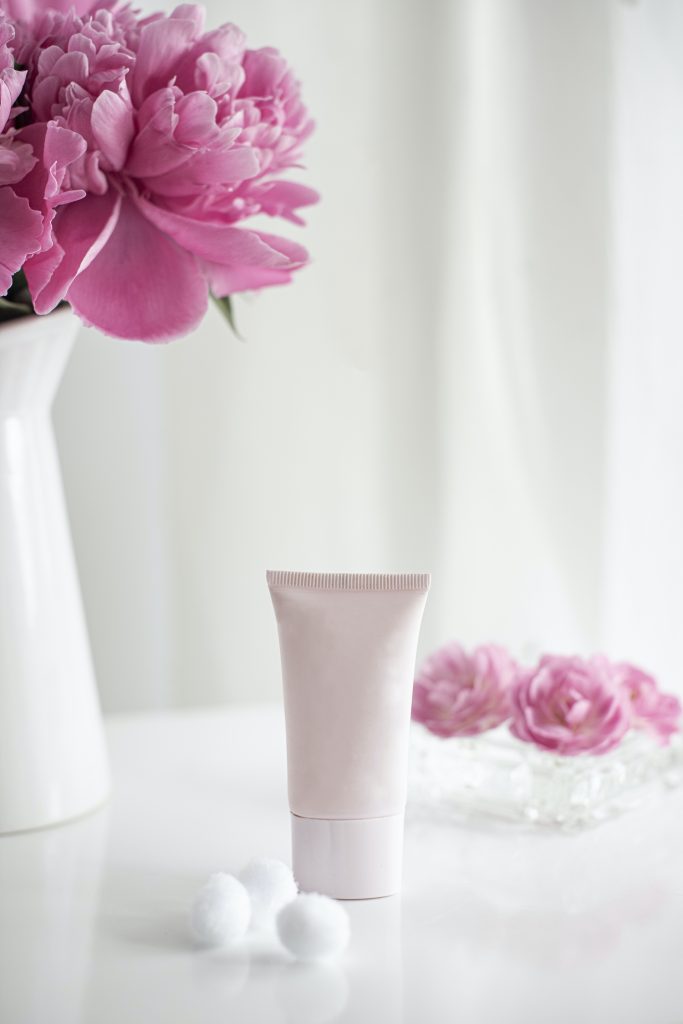
Cleansing and Exfoliation
A proper cleansing and exfoliation routine is essential for maintaining healthy, youthful-looking skin. Cleansing removes dirt, oil, and impurities from the skin, while exfoliation helps to remove dead skin cells and promote skin renewal.
Choosing the Right Cleanser for Anti-Aging
When choosing a cleanser for anti-aging purposes, look for gentle formulas that won’t strip the skin of its natural oils. Avoid harsh cleansers that can cause dryness and irritation. Look for cleansers that contain hydrating ingredients like hyaluronic acid and ceramides to help maintain the skin’s moisture balance. Additionally, opt for cleansers that are free from fragrances and other potential irritants.
Utilizing Exfoliants to Promote Skin Renewal and Reduce Wrinkles
Exfoliation is a crucial step in any anti-aging skincare routine. It helps to remove dead skin cells, which can make the skin appear dull and contribute to the formation of wrinkles. There are two main types of exfoliants: physical exfoliants that contain granules or beads, and chemical exfoliants that contain ingredients like alpha-hydroxy acids (AHAs) or beta-hydroxy acids (BHAs). Physical exfoliants should be used with caution, as they can be too abrasive for some skin types. Chemical exfoliants, on the other hand, are more gentle and can effectively promote skin renewal.
Gentle Cleansing and Exfoliation for Sensitive Skin
If you have sensitive skin, it’s important to choose gentle cleansing and exfoliation products. Look for cleansers and exfoliants specifically formulated for sensitive skin, as they are often free from potential irritants. Avoid using products with harsh ingredients like alcohol, fragrances, and sulfates, as they can cause irritation and redness. It’s also important to be gentle when cleansing or exfoliating sensitive skin, as excessive scrubbing can further irritate the skin.
Moisturizers and Serums
Moisturizing is a key step in any anti-aging skincare routine. It helps to hydrate the skin, improve moisture retention, and smooth out fine lines and wrinkles. Serums, on the other hand, are highly concentrated formulations that target specific skin concerns.
Importance of Moisturizers for Anti-Aging
Moisturizers are essential for anti-aging because they help to replenish the skin’s moisture barrier, which can become compromised as we age. Look for moisturizers that contain hydrating ingredients like hyaluronic acid, glycerin, and ceramides. These ingredients help to attract and retain moisture in the skin, keeping it plump and hydrated. Additionally, look for moisturizers that contain antioxidants to provide additional protection against free radicals.
Finding the Right Anti-Aging Serum for Your Skin Type
Serums are a great addition to any anti-aging skincare routine because they deliver concentrated doses of active ingredients to the skin. When choosing an anti-aging serum, it’s important to consider your skin type and specific concerns. If you have dry skin, look for serums that contain hydrating ingredients like hyaluronic acid and vitamin E. If you have oily or acne-prone skin, look for serums that are lightweight and oil-free. For those with sensitive skin, opt for serums that are fragrance-free and hypoallergenic.
Hydrating Ingredients to Look for in Anti-Aging Products
When searching for anti-aging skincare products, it’s important to look for ingredients that provide hydration. Hyaluronic acid is a star ingredient in many moisturizers and serums because it has the ability to hold up to 1000 times its weight in water, providing intense hydration to the skin. Other hydrating ingredients to look for include glycerin, ceramides, and natural oils like jojoba oil and avocado oil. These ingredients help to nourish and moisturize the skin, leaving it soft, smooth, and supple.
Benefits of Night Creams for Anti-Aging
Night creams are specifically formulated to rejuvenate the skin while you sleep. They often contain a higher concentration of active ingredients and are designed to work during the skin’s natural repair and regeneration process. Night creams can help to reduce the appearance of wrinkles, improve skin texture and elasticity, and provide deep hydration. Look for night creams that contain ingredients like retinol, peptides, and hyaluronic acid for maximum anti-aging benefits.
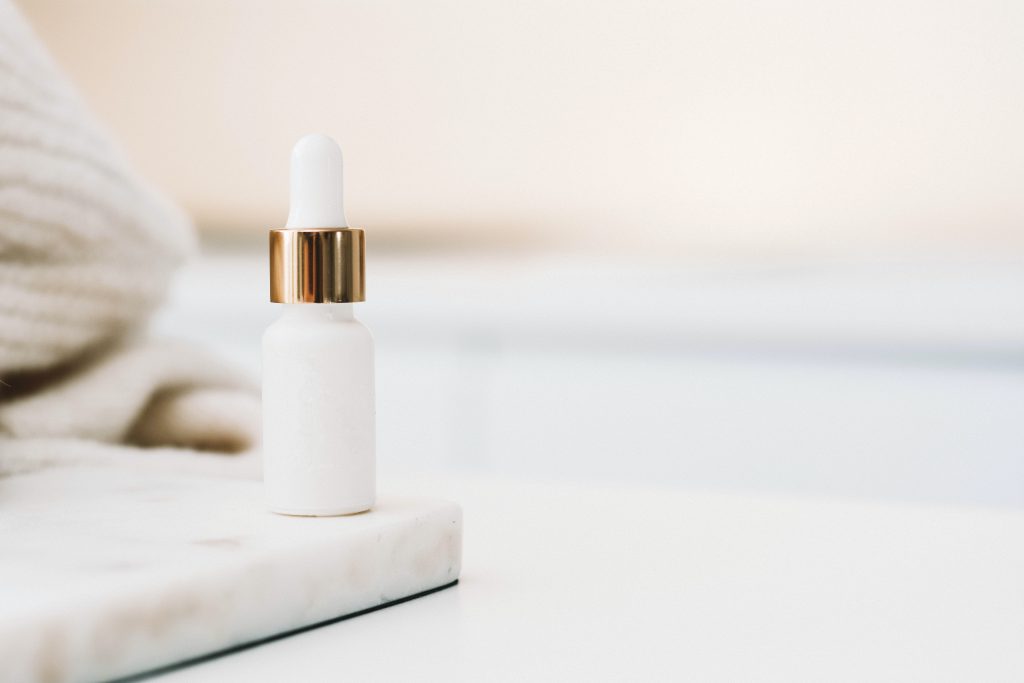
Sunscreen and UV Protection
Sunscreen is one of the most important steps in any anti-aging skincare routine. Protecting your skin from the sun’s harmful UV rays is crucial for preventing premature aging and reducing the risk of skin cancer.
Why Sunscreen is Crucial for Anti-Aging
Exposure to the sun’s UV rays is one of the primary causes of aging skin. UV radiation can penetrate the skin and cause DNA damage, leading to the breakdown of collagen and elastin fibers. This results in the formation of wrinkles, fine lines, and sagging skin. By wearing sunscreen daily, you can protect your skin from these harmful effects and maintain a youthful appearance.
Choosing Broad Spectrum Sunscreen with High SPF
When selecting a sunscreen for anti-aging purposes, it’s important to choose one that provides broad-spectrum protection. This means that it protects against both UVA and UVB rays. UVA rays are responsible for long-term skin damage and aging, while UVB rays are responsible for sunburn. Look for a sunscreen with an SPF (sun protection factor) of 30 or higher, as this will provide adequate protection against both types of rays.
Understanding UVA and UVB Rays
It’s important to understand the difference between UVA and UVB rays when it comes to sun protection. UVA rays have a longer wavelength and can penetrate deep into the skin, causing long-term damage and aging. UVB rays have a shorter wavelength and primarily affect the outer layer of the skin, causing sunburn. Both types of rays can contribute to the development of skin cancer. By wearing broad-spectrum sunscreen, you can protect your skin from both UVA and UVB rays.
Additional Protection Measures
In addition to wearing sunscreen, there are other measures you can take to protect your skin from the sun’s harmful rays. Seek shade during peak sun hours, typically between 10 a.m. and 4 p.m. Wear protective clothing, such as hats and long-sleeved shirts, and use sunglasses to protect your eyes from UV damage. It’s also important to reapply sunscreen every two hours, especially if you’re swimming or sweating.
Targeted Treatments
In addition to a basic skincare routine, targeted treatments can help address specific anti-aging concerns, such as wrinkles around the eyes, lips, and neck.
Retinoids: The Gold Standard for Anti-Aging
Retinoids, which are derivatives of vitamin A, are considered the gold standard for anti-aging. They have been scientifically proven to reduce the appearance of wrinkles, improve skin texture, and promote collagen production. Retinoids work by increasing cell turnover and stimulating the production of new, healthy skin cells. They can be found in various forms, such as retinol, retinaldehyde, and prescription-strength tretinoin.
Choosing Anti-Aging Eye Creams and Treatments
The skin around the eyes is delicate and prone to wrinkles and fine lines. That’s why it’s important to choose targeted treatments specifically formulated for this area. Look for eye creams and treatments that contain ingredients like retinol, peptides, and antioxidants to help reduce the appearance of crow’s feet, puffiness, and dark circles. Be gentle when applying these products, as the skin around the eyes is easily damaged.
Enhancing Lip Care for Anti-Aging Benefits
The lips are another area that can show signs of aging, such as fine lines and loss of volume. To enhance lip care for anti-aging benefits, look for lip balms and treatments that contain hydrating ingredients like hyaluronic acid and shea butter. Additionally, lip products that contain SPF can help protect the lips from sun damage, which can contribute to premature aging.
Effective Neck and Décolletage Products
The neck and décolletage area often gets overlooked in skincare routines, but they are susceptible to aging just like the face. Look for targeted products specifically formulated for the neck and décolletage, as these areas have different needs compared to the face. Moisturizers, serums, and creams that contain ingredients like peptides, antioxidants, and hyaluronic acid can help improve the appearance of sagging skin, fine lines, and wrinkles in these areas.
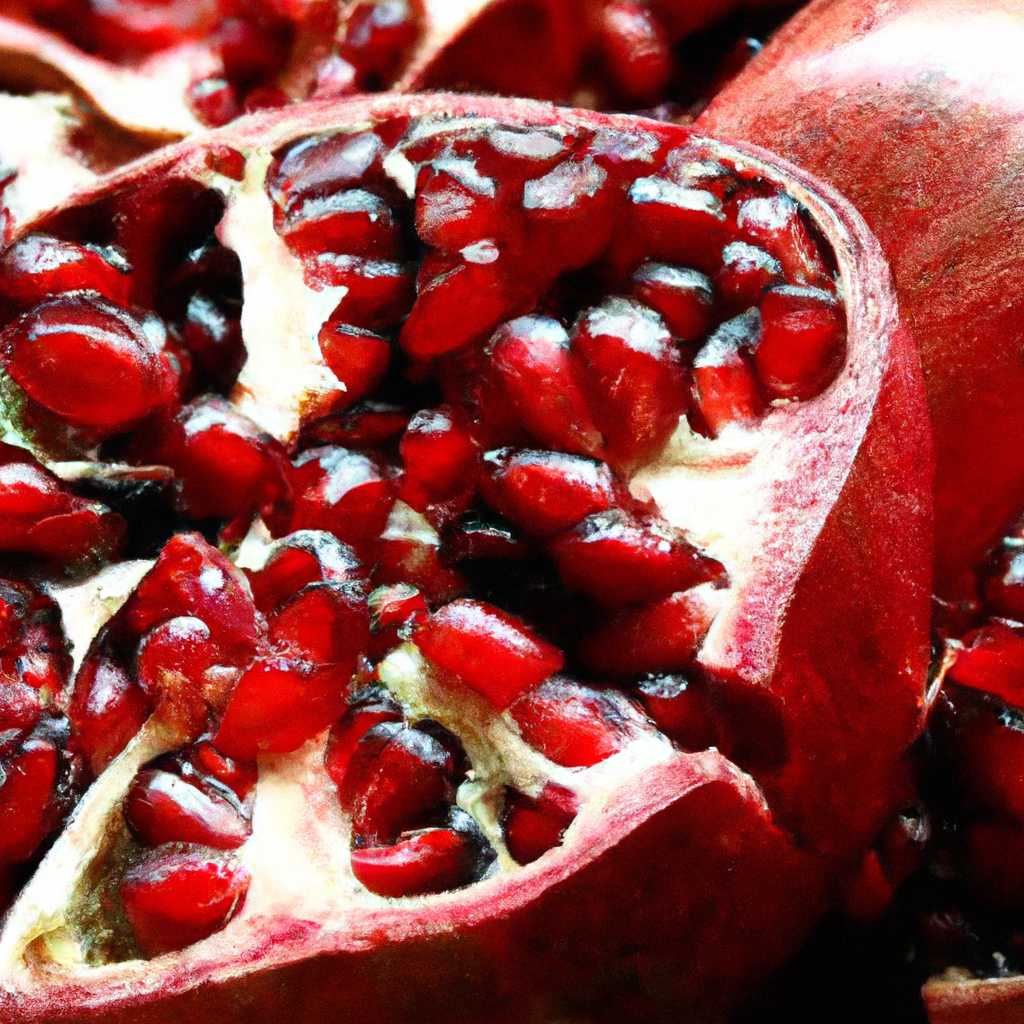
Specialized Skincare Products
Incorporating specialized skincare products into your anti-aging routine can provide additional benefits and target specific skin concerns.
Incorporating Anti-Aging Masks and Peels
Masks and peels are a great way to give your skin an extra boost of hydration and exfoliation. Look for masks and peels that contain ingredients like hyaluronic acid, glycolic acid, and antioxidants to help promote skin renewal and improve the appearance of wrinkles and fine lines. Use these products once or twice a week, depending on your skin’s needs and sensitivity, to give your skin a spa-like treatment at home.
Necessary Skincare Tools and Devices
Skincare tools and devices can help enhance the effectiveness of your anti-aging products and treatments. For example, using a facial roller or gua sha tool can help improve product absorption and stimulate lymphatic drainage, reducing puffiness and improving skin tone. LED light therapy devices can help rejuvenate the skin and reduce the appearance of wrinkles and hyperpigmentation. When using skincare tools and devices, be sure to follow the instructions carefully and use them in conjunction with your regular skincare routine.
Importance of Anti-Aging Supplements
In addition to topical skincare products, some people may choose to incorporate anti-aging supplements into their routine. While the effectiveness of supplements is still debated, certain ingredients like collagen peptides, omega-3 fatty acids, and antioxidants have shown promise in improving skin health and reducing the signs of aging. If you’re considering taking supplements, it’s important to consult with a healthcare professional to ensure they are safe and suitable for your individual needs.
Hydration and Lifestyle Factors
Proper hydration and certain lifestyle factors play a significant role in maintaining healthy, youthful-looking skin.
Importance of Hydration for Anti-Aging
Hydration is essential for overall skin health, including anti-aging. When the skin is properly hydrated, it appears plump, smooth, and radiant. Drinking an adequate amount of water each day is crucial for maintaining skin hydration from within. Additionally, using hydrating skincare products like moisturizers and serums can help lock in moisture and prevent dryness and dehydration.
Staying Active for Improved Skin Health
Regular physical activity not only benefits your overall health, but it can also contribute to improved skin health. Exercise increases blood flow and circulation, which helps deliver oxygen and nutrients to the skin cells. This can result in a more youthful glow and improved skin tone. Additionally, exercise can reduce stress levels, which can have a positive impact on your skin’s appearance.
Nutrition and Anti-Aging Foods
A balanced diet rich in nutrients is essential for maintaining healthy, youthful-looking skin. Consuming foods that are high in antioxidants, vitamins, and minerals can help protect the skin from oxidative stress and promote collagen production. Some anti-aging foods to incorporate into your diet include fruits and vegetables, oily fish, nuts and seeds, whole grains, and green tea.
Avoiding Smoking and Minimizing Alcohol Intake
Smoking and excessive alcohol consumption can contribute to premature aging and skin damage. Smoking decreases blood flow to the skin, leading to a dull complexion and the formation of wrinkles. Excessive alcohol consumption can dehydrate the skin and weaken its structure, resulting in sagging and loss of elasticity. By avoiding smoking and minimizing alcohol intake, you can help maintain the health and appearance of your skin.
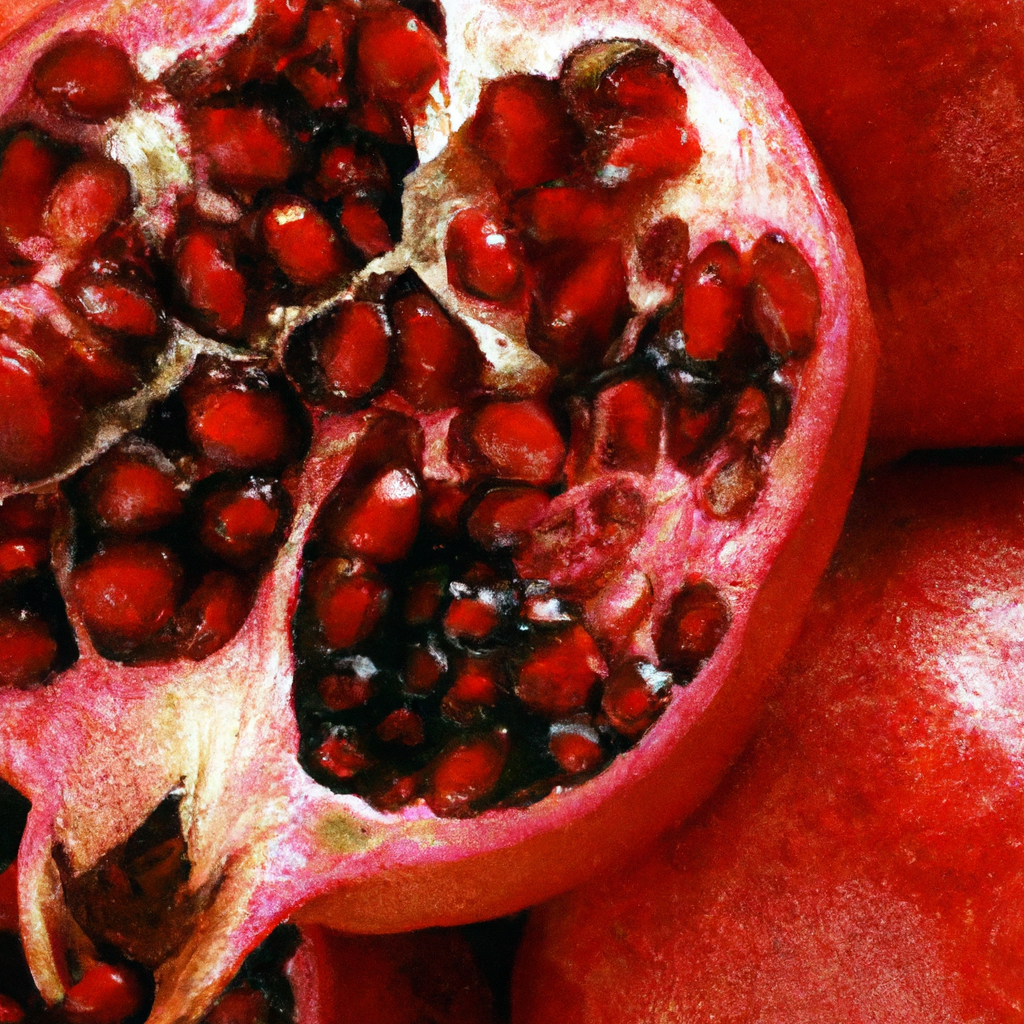
In-office Procedures and Treatments
For more intensive anti-aging treatments, consulting with a dermatologist or skincare professional can provide you with personalized advice and recommendations.
Consulting with a Dermatologist or Skincare Professional
If you’re seeking more targeted anti-aging treatments, it’s beneficial to consult with a dermatologist or skincare professional. They can assess your skin’s specific needs and recommend appropriate procedures and treatments. They can also provide guidance on the use of prescription-strength products, such as retinoids, that may require medical supervision.
Common Anti-Aging Aesthetic Procedures
There are various aesthetic procedures available that can help reduce the signs of aging. These procedures include treatments like chemical peels, microdermabrasion, and laser resurfacing, which can improve skin texture and reduce the appearance of wrinkles and hyperpigmentation. Non-surgical treatments like Botox and dermal fillers can also help smooth out wrinkles, restore volume, and enhance facial contours.
Injectables and Fillers for Wrinkle Reduction
Injectables and fillers are popular anti-aging treatments that can help reduce the appearance of wrinkles and restore volume to the face. Botox, a muscle relaxant, is commonly used to relax the muscles that cause wrinkles, such as crow’s feet and forehead lines. Dermal fillers, on the other hand, can be used to plump up areas that have lost volume, such as the cheeks and lips.
Laser Treatments for Skin Rejuvenation
Laser treatments are highly effective for skin rejuvenation and can address a wide range of concerns, including wrinkles, uneven skin tone, and acne scars. Fractional laser resurfacing stimulates collagen production and promotes skin renewal, resulting in smoother, more youthful-looking skin. Intense pulsed light (IPL) treatments can also improve the appearance of sun damage, hyperpigmentation, and broken blood vessels.
Customer and Expert Reviews
Reading customer and expert reviews can help you make informed decisions when it comes to choosing anti-aging skincare products.
Exploring Top-Rated Anti-Aging Skincare Products
There are many top-rated anti-aging skincare products available on the market, and reading reviews can provide valuable insights into their effectiveness. Look for products that consistently receive positive feedback from customers and have been recommended by experts in the field. Pay attention to reviews from people with similar skin concerns and needs as yours to get a better idea of how the product might work for you.
Ongoing Research and Innovations in the Industry
The skincare industry is constantly evolving, with ongoing research and advancements in anti-aging products and treatments. Stay up-to-date on the latest research and innovations by reading reputable skincare publications and following trusted experts in the field. This will ensure that you are aware of the most cutting-edge products and treatments available and can make informed decisions about your skincare routine.
Seeking Advice from Dermatologists and Estheticians
When it comes to addressing specific skin concerns and choosing the right products, it’s always beneficial to seek advice from professionals. Dermatologists and estheticians have the expertise and knowledge to assess your skin’s needs and recommend appropriate products and treatments. They can also provide guidance on how to effectively incorporate anti-aging skincare into your routine for optimal results.
Creating an Anti-Aging Skincare Routine
Creating an effective anti-aging skincare routine requires an understanding of your skin’s needs and concerns and developing a comprehensive skincare regimen.
Understanding Your Skin’s Needs and Concerns
Before creating an anti-aging skincare routine, it’s important to assess your skin’s specific needs and concerns. Do you have dry, oily, or sensitive skin? Are you concerned about wrinkles, uneven skin tone, or loss of firmness? Understanding your skin’s needs will help you choose the right products and treatments that target your specific concerns.
Developing a Comprehensive Skincare Regimen
A comprehensive anti-aging skincare regimen should include cleansing, exfoliating, moisturizing, protecting, and targeting specific concerns. Start with a gentle cleanser that won’t strip the skin of its natural oils, followed by an exfoliant to remove dead skin cells and promote skin renewal. Moisturize daily with a product that suits your skin type, and don’t forget to wear broad-spectrum sunscreen with a high SPF to protect against UV damage. Finally, incorporate targeted treatments into your routine to address specific concerns like wrinkles or dark spots.
Consistency and Patience for Effective Results
Consistency is key when it comes to seeing effective results with your anti-aging skincare routine. It’s important to follow your routine consistently and give it time to work. Results won’t happen overnight, so be patient and allow your skin time to adjust to new products and treatments. Remember, achieving and maintaining healthy, youthful-looking skin is a long-term commitment.
By following these tips and utilizing the information provided, you can confidently research and choose effective anti-aging skincare products that cater to your specific needs. Remember to consult with professionals and trusted sources as you develop your skincare routine, and most importantly, be consistent in your efforts for effective and long-lasting results.



